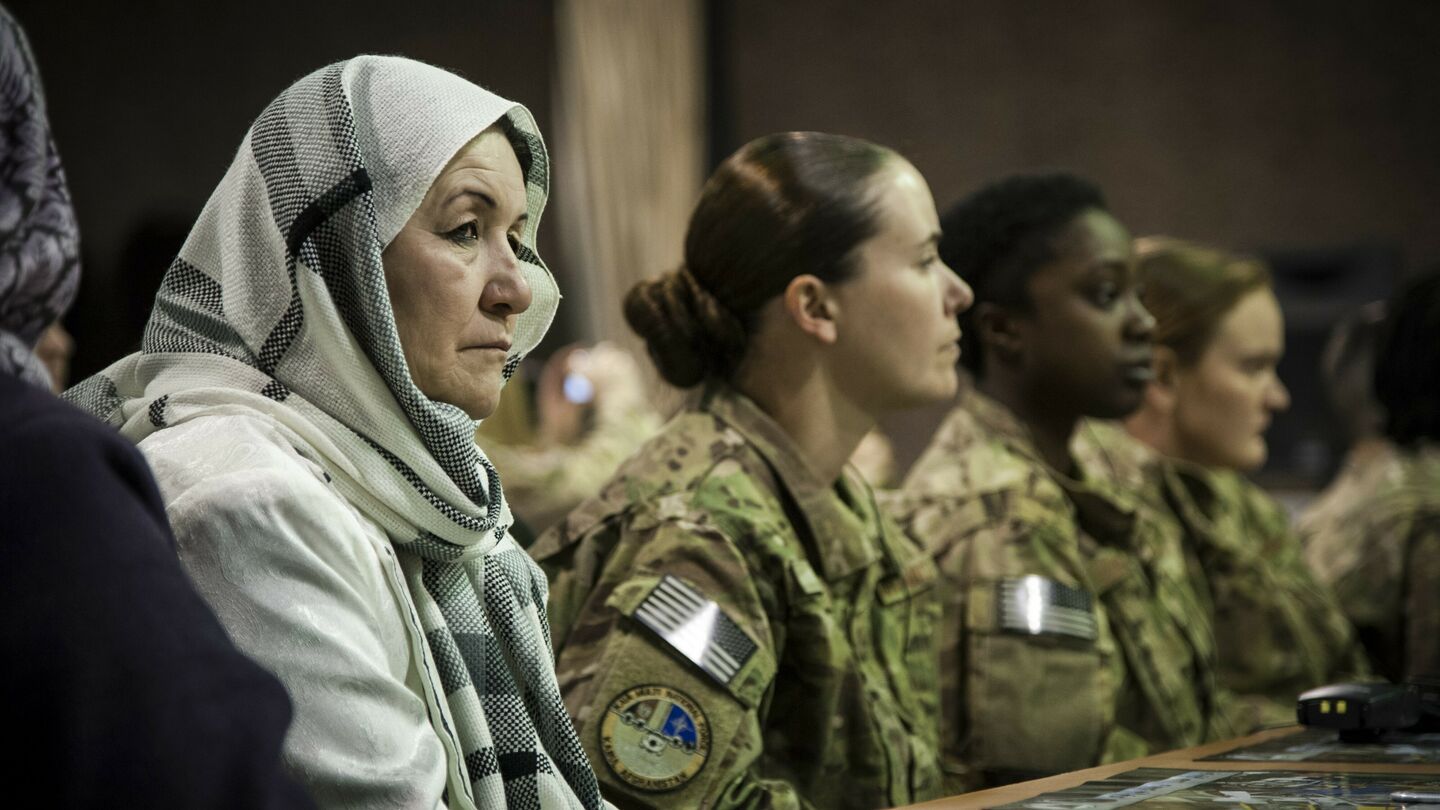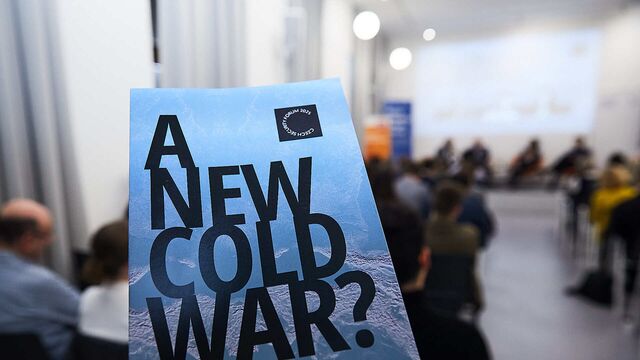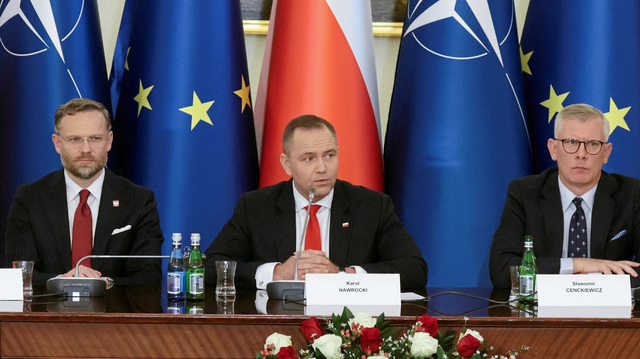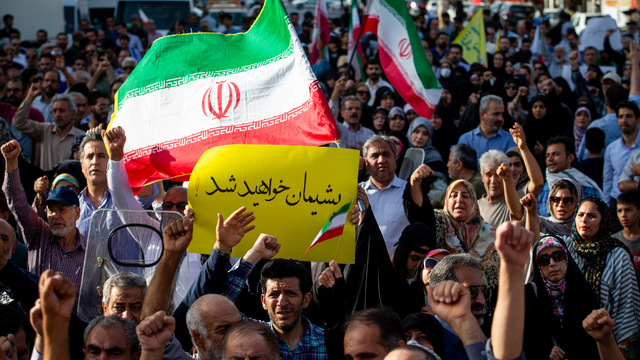Gender: National Action Plans for UNSCR 1325

Another Word to Gender: National Action Plans for UNSCR 1325: How can the Czech Republic improve?: It’s coming close to twenty years since the landmark UN Security Council Resolution 1325 (1325) was adopted, and yet there is very little improvement to show for it. This resolution was implemented in order to encourage a more pluralistic approach to conflict response and resolution initiatives, and to specifically encourage the participation of women in these processes. It calls on member states to “incorporate gender perspectives in all United Nations peace and security efforts” and emphasizes a focus on specific issues of conflict, such as gender-based violence (Office of the Special Advisor on Gender Issues and Advancement of Women). With these objectives in mind, a select few countries were early to draft and adopt legislation relating to 1325 and have already implemented a second national strategy. Alternatively, some countries have only recently adopted a plan and others have yet to formally implement anything at all. It is this variance that is problematic, and more needs to be done to bring up those countries who have been lagging behind so they are on the same level as those who have moved onto revised versions of their action plans. In terms of the Czech Republic’s efforts, much can be said about the overall focus of their National Action Plan, and the points where they need to improve upon.
Overview: The Czech Republic and 1325
One of the main issues that seems to be recurring, is the underlying yet foundational attitude towards gender-focused changes being implemented in Czech policy. As such, "gender equality policies. . . can only unfold their transformative potential if in addition to formal rules informal gender norms are altered as well”. This obstacle is representative of the much broader challenge of influencing the norms of a society, which is an even larger task that most nations struggle with. At the same time, however, norms and culture cannot be accepted as an excuse because ultimately they have contributed to the overall lack of progress. In this way 1325 and societal norms can work and need to work together in order to influence change. Another overall trend I noticed was the role of civil society groups, and more specifically feminist organizations. They have been truly instrumental in pursuing the adoption of legislation which advocates for a gender perspective, both nationally and internationally. Essentially, “. . . changes have often been hampered by less supportive participating states, empowered . . . by persistent gender norms based on the exclusion of women, by embedded ideas concerning gender policies and – sometimes – a lack of external interaction with civil society actors” (Jenichen et al., Gendering European security: policy changes, reform coalitions and opposition in the OSCE. European Security 27(1), 2018, p. 14). I think that this conclusion best summarizes the experience of the Czech Republic, and can provide the foundation of how to move forward with 1325. From the start the Czech Republic has been one of the less keen member states to take on the UN initiative, and a large part of that is due to the unchallenged societal norms which are perpetuated throughout the country. The main emphasis has been placed on including more women into organizations, but not looking at why they haven’t been included historically, or providing more support to women who want to become leaders within their fields.
Overall, better practices come from better understanding. In the case of gender mainstreaming, a more in-depth understanding of what it means in practical terms is necessary. This means going “beyond a mere balance in the number of women and men” to fully implement and diffuse gender mainstreaming into all areas of society The OSCE Study on National Action Plans on the Implementation of the United Nations Security Council Resolution 1325 provides a clear overview of what can be improved upon, and what are the current best practices in each area related to gender mainstreaming, such as goals, budgets, concrete actions, domestic relevance, and effectiveness. These areas are cited by the Study as being “essential components that need to be in place for successful implementation”. Though essential, these are the areas that are lacking in many of the National Action Plans (NAPs) put forth by countries. Additionally, the Czech Republic’s NAP is considered new in that it was implemented in 2017 and will run until 2020, however, there are already areas which could be improved upon. The NAP lacks the definitive language and clear goals required to enforce these gender mainstreaming efforts, as well as a clear timeline to reflect the goals they wish to accomplish. Without explicit articulation of goals within the document, it is easier to manipulate its understanding to fit the needs of each government department. Sometimes flexibility is useful, but when it comes to the formative means of changing an element of society’s structure, then this flexibility is easily taken advantage of by those who want to resist the effort. As such, the Czech Republic needs to go beyond the discourse of increasing women’s political and societal participation, and take concrete steps towards achieving this goal. Another important dimension that needs to be strengthened in the Czech Republic is the inclusion of civil society throughout the process, and the involvement of feminist organizations. Historically, the civil society in the Czech Republic hasn’t been as strong as it could be, which means a lack of participation in the decision making process. A grassroots approach to gender mainstreaming and incorporation of a gender perspective has proven to be effective in many countries, and so it would serve well for the Czech government to lend more support to existing organizations in order to accomplish their targets. This strategy would also take pressure off of the government, in that there would be multiple groups working towards the goal of gender equality therefore diffusing the approach throughout society. The Czech NAP cites the Czech Development Agency as being involved in women’s empowerment project, but more organizations can be involved in the future.
Best Practices and Moving Forward
In an effort to concretely analyze ways in which the Czech Republic can improve their efforts, I have chosen the best practices of two OSCE member states, and applied them to the existing Czech framework. First I will look at Austria’s NAPs, and then Bosnia and Herzegovina’s. Austria’s plans prove useful because it was one of the original member states to enact an NAP, and since then they have adopted a second one which reflects the adjusted needs of the country. Additionally, Bosnia and Herzegovina proves to be an interesting case study because they are an example of a state which only recently came out of a conflict situation, but has been able to incorporate practices to achieve gender equality and have already been quite successful. Using countries with different historical backgrounds and political landscapes will help to contribute to the more in-depth understanding that was previously mentioned as necessary for more effective implementation measures.
The original Austrian document has two important elements that can be adopted by the Czech NAP. Those include the design and intent of the Austrian NAP to be “a living document to be reviewed annually” which is composed of both national and international measures (Austrian Action Plan, 2007, p. 1). This helps to ensure the adaptability of the document, and have it consistently be a part of the government’s agenda. This also reflects Austria’s desire to streamline gender mainstreaming approaches, in order to work towards their full integration into government and societal activities. This ultimate goal is an important driving factor for the development of sustainable practices in the country. Another aspect of Austria’s first NAP worth highlighting is their effort “to prevent gender-specific violence by outgoing peacebuilding personnel, [and] creating awareness of the zero-tolerance policy regarding sexual abuse. . . of all training before missions” (Austrian Action Plan, 2007, p. 2). This is a concrete step towards rectifying an issue that has been prevalent in UN peacebuilding missions, and reflects the national ideals and values of the country. This policy helps to legitimize their forces and is important for any nation, especially when they are involved in missions abroad. Looking at Austria’s reformed NAP from 2012, there is a distinct focus in their efforts to integrate women into all levels of decision-making, and especially in the international sphere. This is reiterated through specific mentions of the EU, OSCE, and NATO among other networks that have Austria’s support to further integrate women. Another important aspect that can be translated to the Czech context, is the reiteration of the importance of the inclusion of civil society. In fact, “Austria also takes special account of the key role played by cooperation with civil society, especially with local women networks and organisations. . .” in order to achieve full gender equality (Austrian Action Plan, 2012, p. 16). This approach is also taken through their international work, which could be another way for the Czech Republic to increase their involvement in international missions.
Moreover, one of the ways in which Bosnia and Herzegovina is succeeding is through the explicit language used in their NAP and supporting documents. For example, they “list[s] the number of women (and the percentage) represented in various government agencies and the security sector” (OSCE Study on National Action Plans, 2014, p. 44). By using quantitative data gathering and analysis techniques, it provides a much clearer means of comparison; in this case, when discussing levels of women’s participation. This data helps to establish where the current level of participation the country is at, and provides insight into where it can go and what the country can do to keep improving. Statistics are also a legitimizing factor, and are useful in the face of opposition. Bosnia and Herzegovina’s relatively quick success led to the implementation of a second NAP, where their goals were revised to reflect the more current needs of the country. Part of this reform focused on adding an efficient “monitoring and evaluation system” as well as improve upon methods of data collection and the structure and maintenance of data (OSCE Study on National Action Plans, 2014, p. 48). This is to include “information about who gathers data, who owns it and data sources” which is imperative in the transparency and transferability of the collected information (OSCE Study on National Action Plans, 2014, p. 48). Bosnia and Herzegovina also works to include “adequate reporting mechanisms (including reporting forms, reporting dynamics as well as other forms of communication with actors on implementation of National Action Plan)” which have helped to ensure the success and necessary follow ups to the NAP (OSCE Study on National Action Plans, 2014, p. 48). The implementation of these practices are foundational to the success of NAPs, and yet many countries are lacking this very basis. Among them is the Czech Republic, and so by adopting measures such as data collection and reporting mechanisms, the efforts already in place can be improved upon greatly and an increase in effectiveness will become evident. I think the example of Bosnia and Herzegovina is salient given the history and past conflict which saturated civil society. As a case study, Bosnia and Herzegovina proves that with proper foundational techniques, gender mainstreaming can be effective and gender equality can be seen as a viable goal. As has been stated, having a baseline of information is crucial to move forward, and the Czech Republic can work on building their own baseline of data.
Since its inception, 1325 has remained steadfast despite the changing world around it. Though unanimously adopted, it has taken years for states to implement measures that work towards the pillars it outlines: participation, prevention, protection, and relief and recovery. More recently the focus has shifted to the international, where women and girls in conflict areas are seen as the most vulnerable. Though this is true, it is also important for states to maintain an introspective perspective, in order to ensure their practices are keeping up with the best. It is time for the Czech Republic to look at the work they have done and to see how it compares. Perhaps this would provide the motivation necessary for the country to move forward towards a practice of full gender equality.
About the author: Juliana Crema is a former intern of the Institute of International Relations. She completed her undergraduate degree at the University of Ottawa in Political Science, and is working on a Joint Master’s Degree in European Politics and Society. Her areas of interest include political economy, critical theories, and gender studies.
Further reading on the topic in our library:
Gender, peace and security : implementing UN security council resolution 1325 - https://goo.gl/GekT6P
The Search for lasting peace : critical perspectives on gender-responsive human security - https://goo.gl/79zCNZ
Gender, governance and international security - https://goo.gl/oBvQ1X









